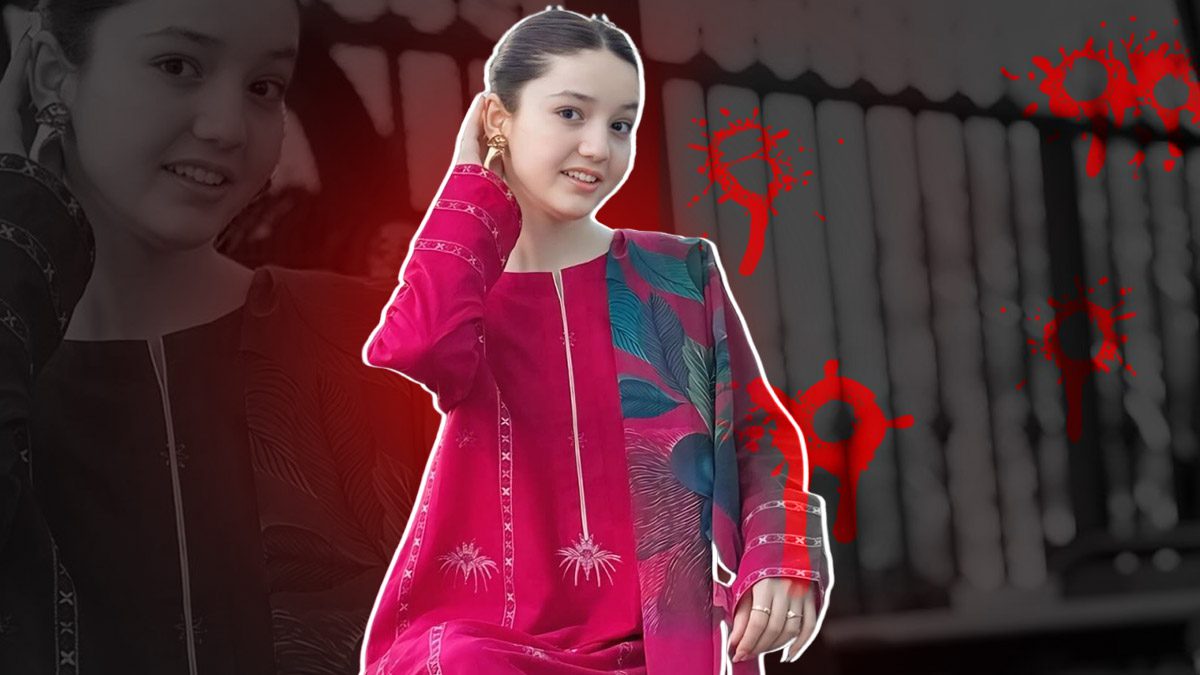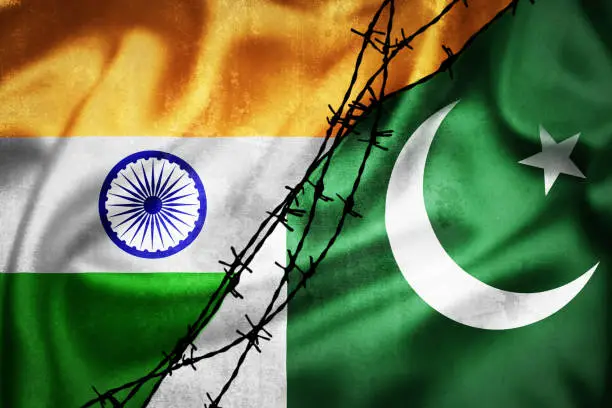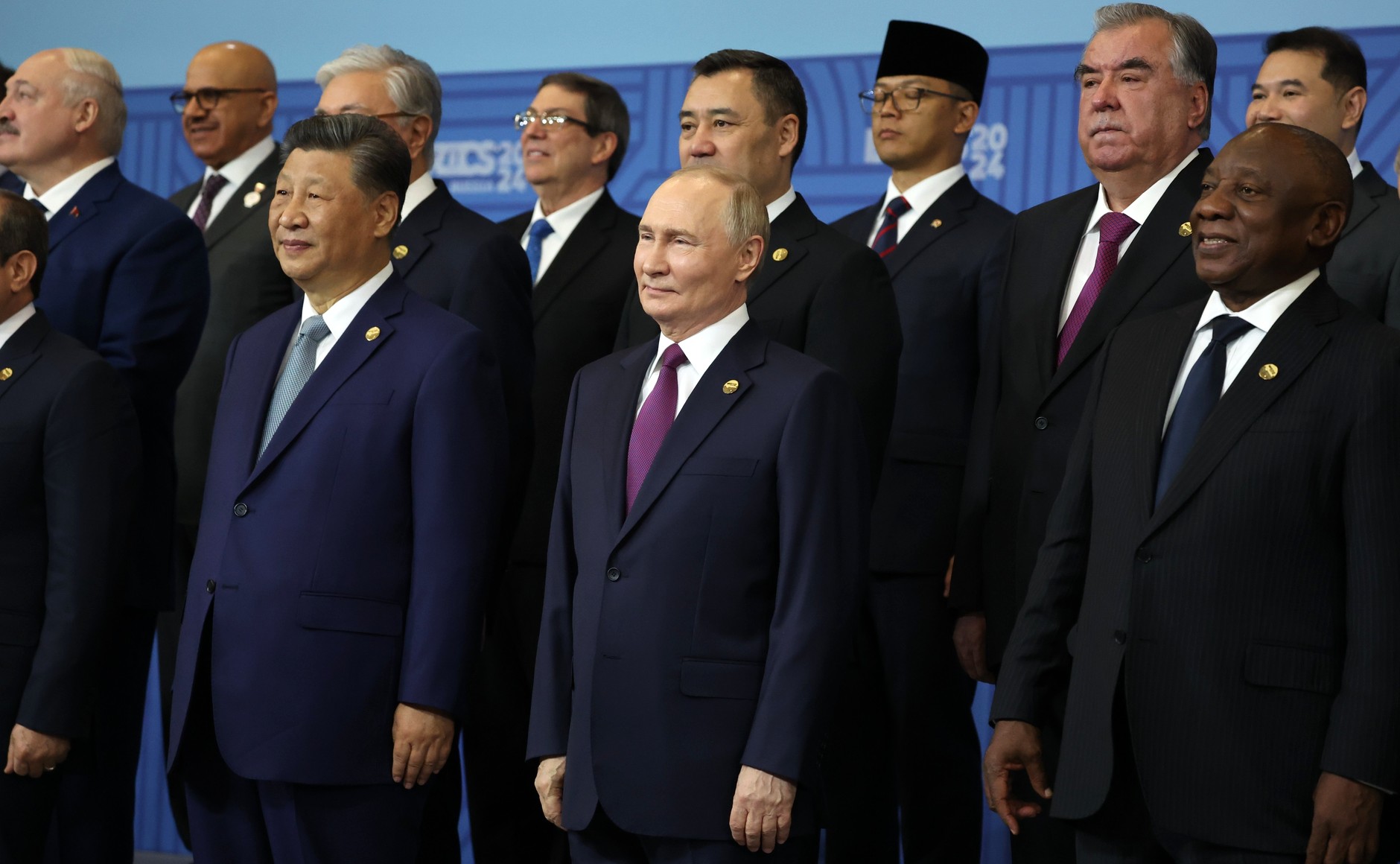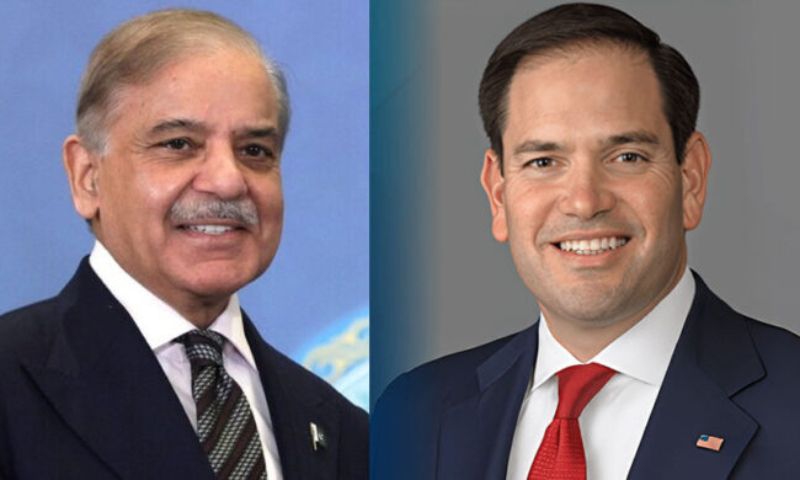A Life Cut Short — and a Pattern Repeated
Though details of the case are still emerging, initial reports suggest that Sana was the victim of an honor-based killing. A deeply entrenched form of gender violence in which women are punished, often by family members, for perceived moral transgressions. The irony here is brutal: the very platforms that gave Sana a voice may have also made her a target.
Sana’s story is chillingly reminiscent of Qandeel Baloch, another social media personality murdered in 2016 for defying traditional expectations of femininity. Like Qandeel, Sana was simultaneously adored and vilified celebrated for her courage by young fans, yet condemned by those who viewed her content as indecent.
When Fame Becomes a Risk
The rise of TikTok in Pakistan has offered many young creators, especially women, a rare avenue to self-expression and independence. Yet the platform’s accessibility has also brought with it unique dangers. Female influencers are increasingly subjected to online harassment, stalking, and — in extreme cases like Sana’s — fatal violence.
Digital spaces meant to empower are often weaponized against women, revealing the country’s unresolved tensions between modernity and traditionalism. Sana’s popularity may have threatened those who equate a woman’s visibility with shame, prompting backlash from within the very communities she entertained.
“Her death is not just a crime — it’s a mirror held up to our collective failure,” a Karachi-based rights activist told Dawn Images.
A Wake-Up Call for Society and the State
Sana Yousaf’s murder is not just a tragedy — it is an indictment of the social, cultural, and legal structures that allow such acts to persist. Despite laws that criminalize honor killings, enforcement remains weak, and perpetrators often walk free. Social media outcry is mounting, demanding accountability and real systemic change.
Activists are urging the government to treat Sana’s case with the urgency and seriousness it deserves, calling for swift justice and broader reforms that protect vulnerable women online and offline.
“Until we confront the culture that makes violence against women acceptable, there will be more Sanas,” said a member of the Human Rights Commission of Pakistan.
People also search:
Atsuko Okatsuka’s Cultural Guide to Los Angeles: A Comedian’s Favorite Hidden Gems
X Faces Global Outage: Elon Musk Commits to 24/7 Oversight
Moody’s Downgrade Triggers Market Turbulence: Stocks Fall, Yields Rise




